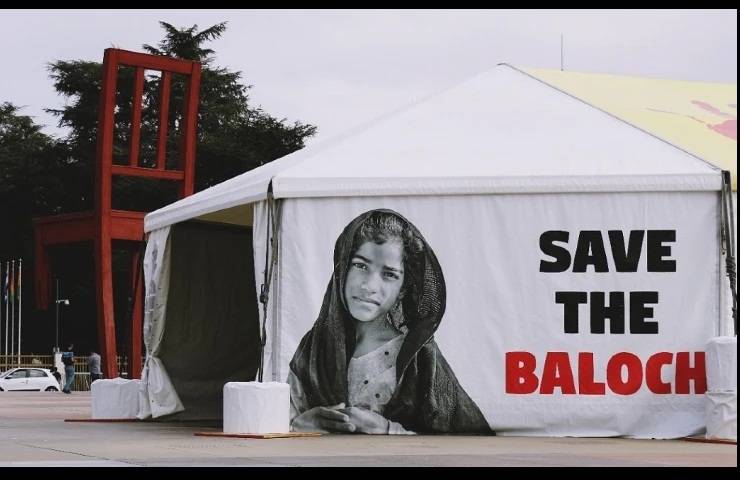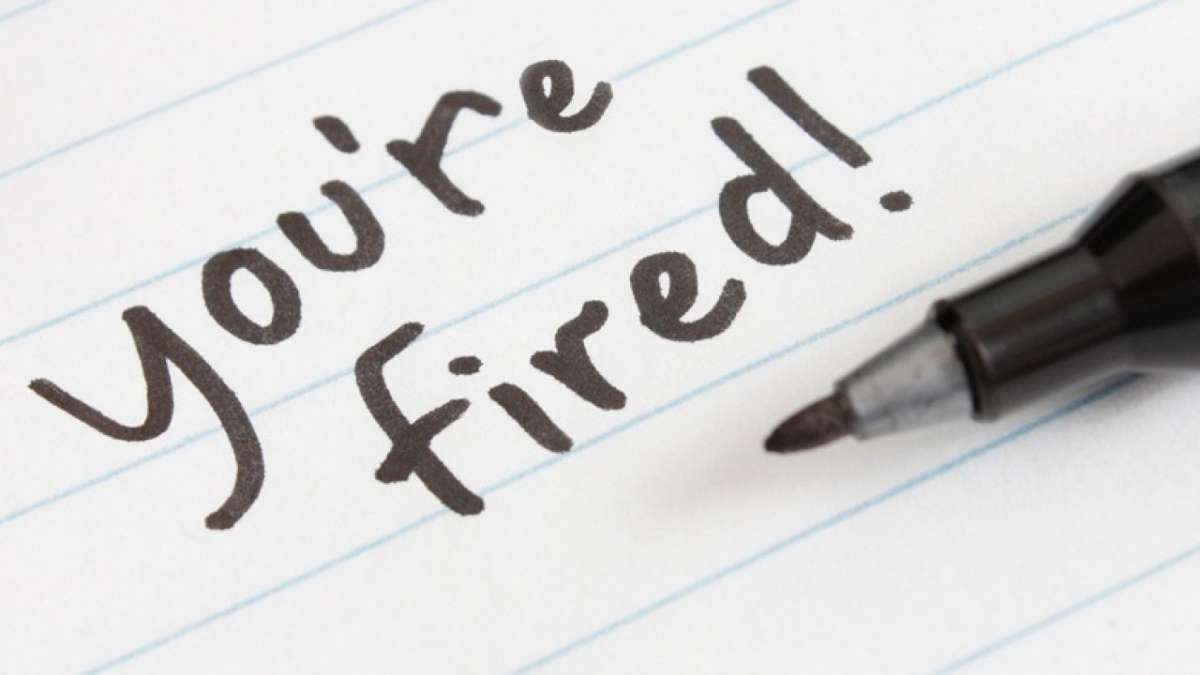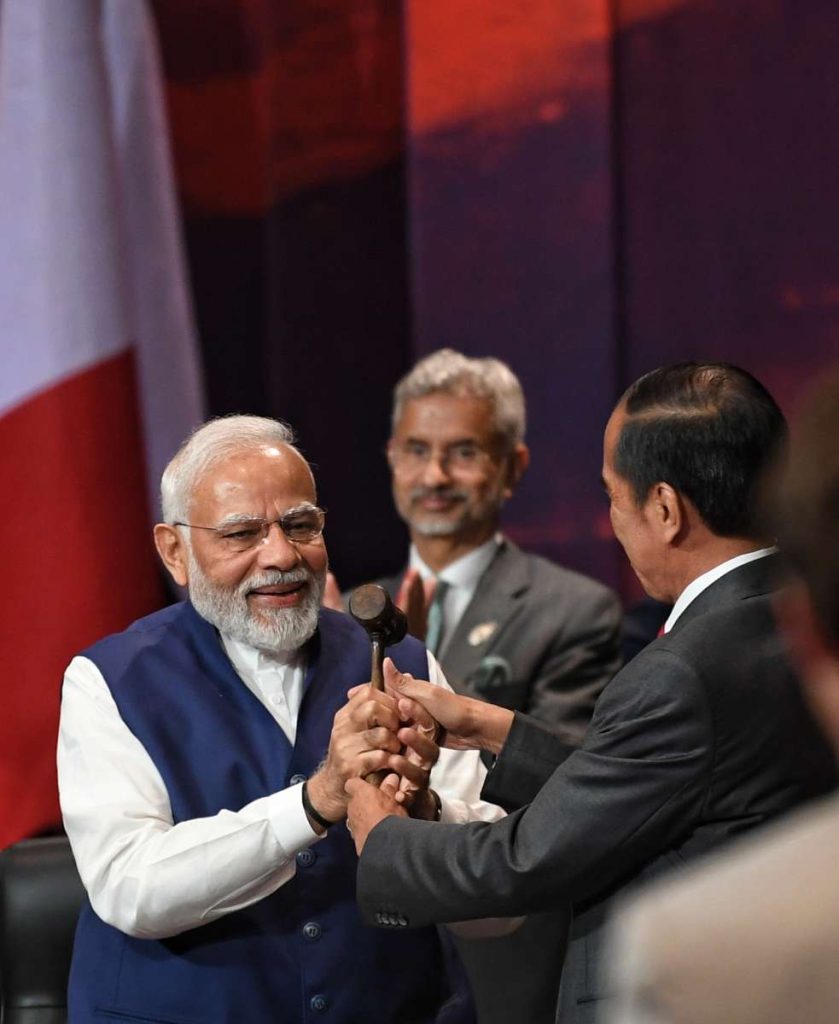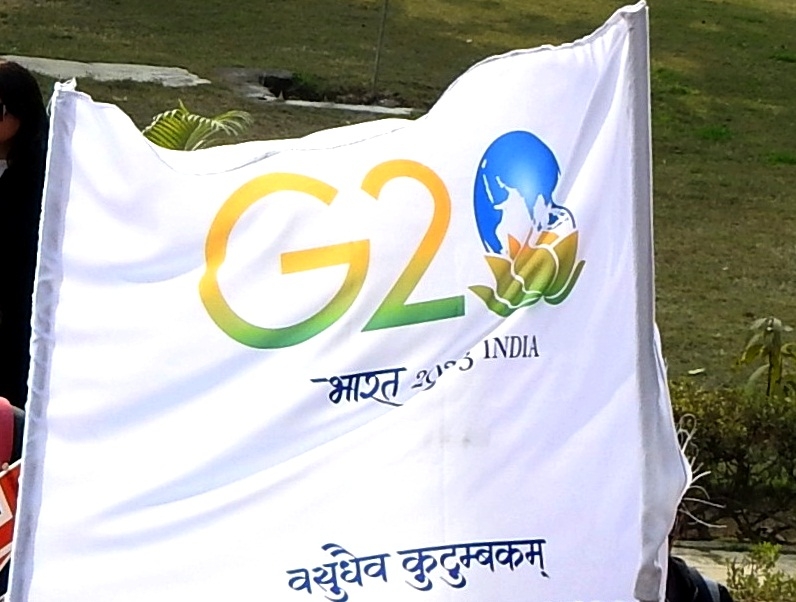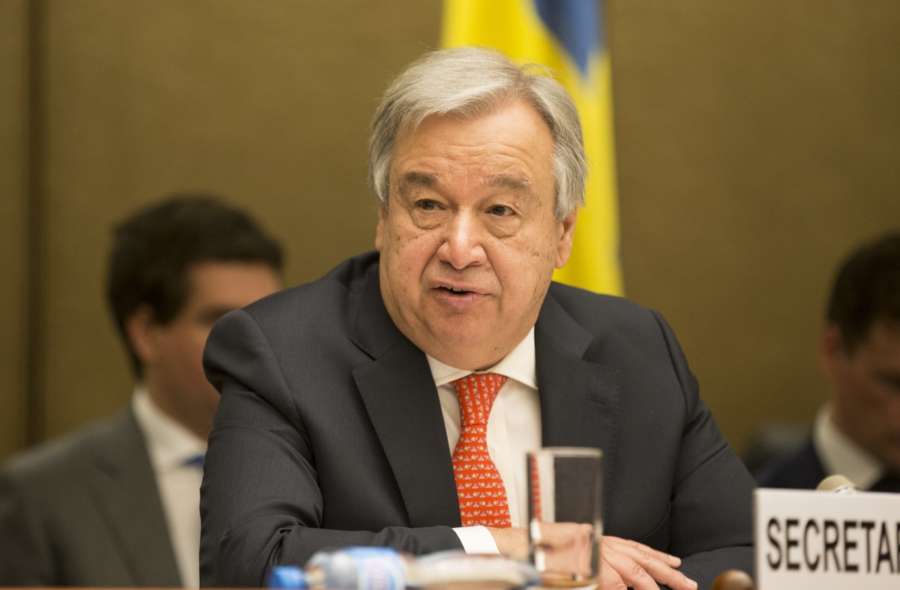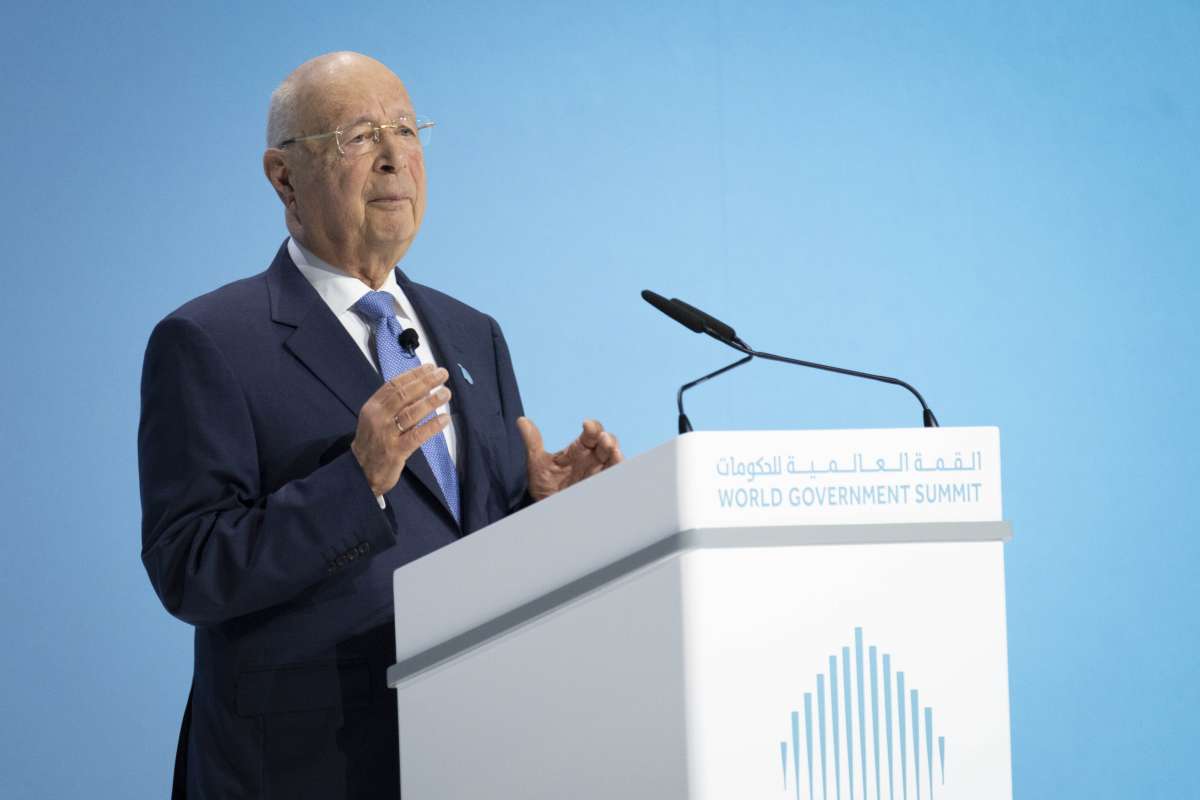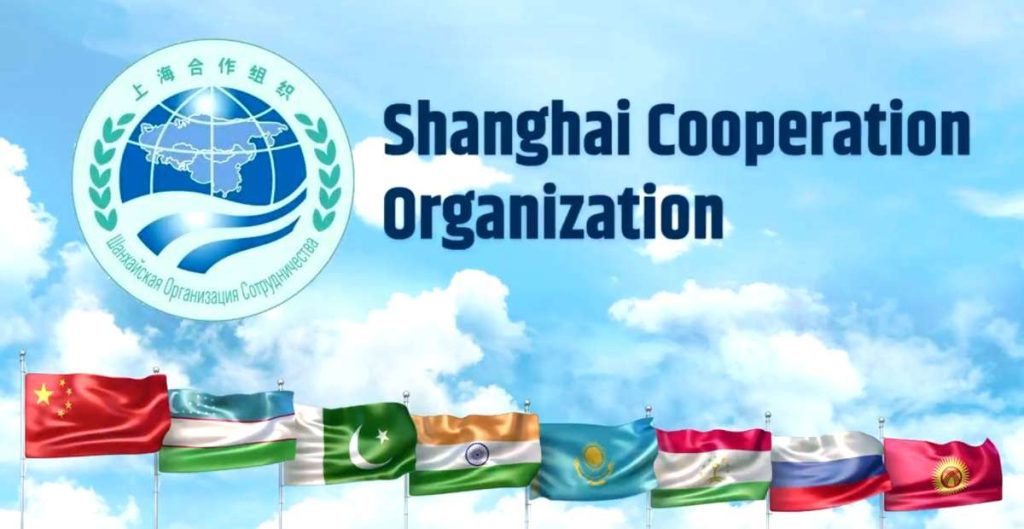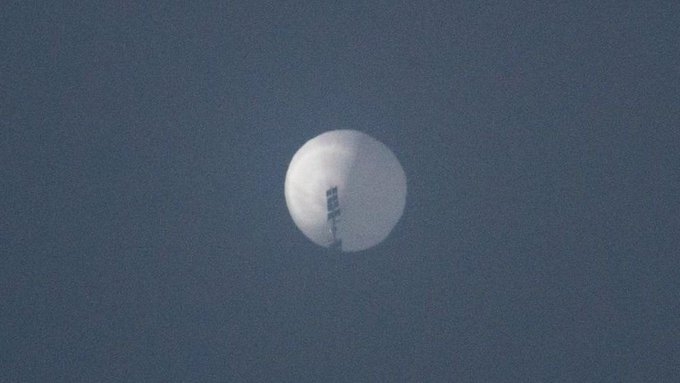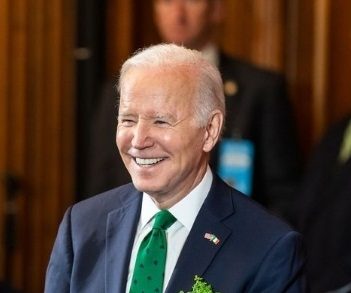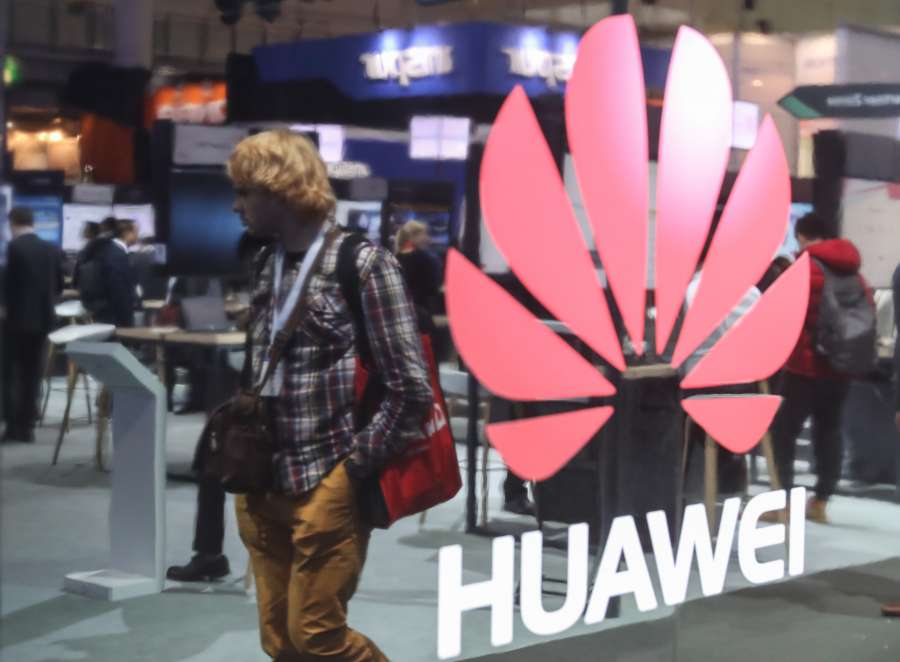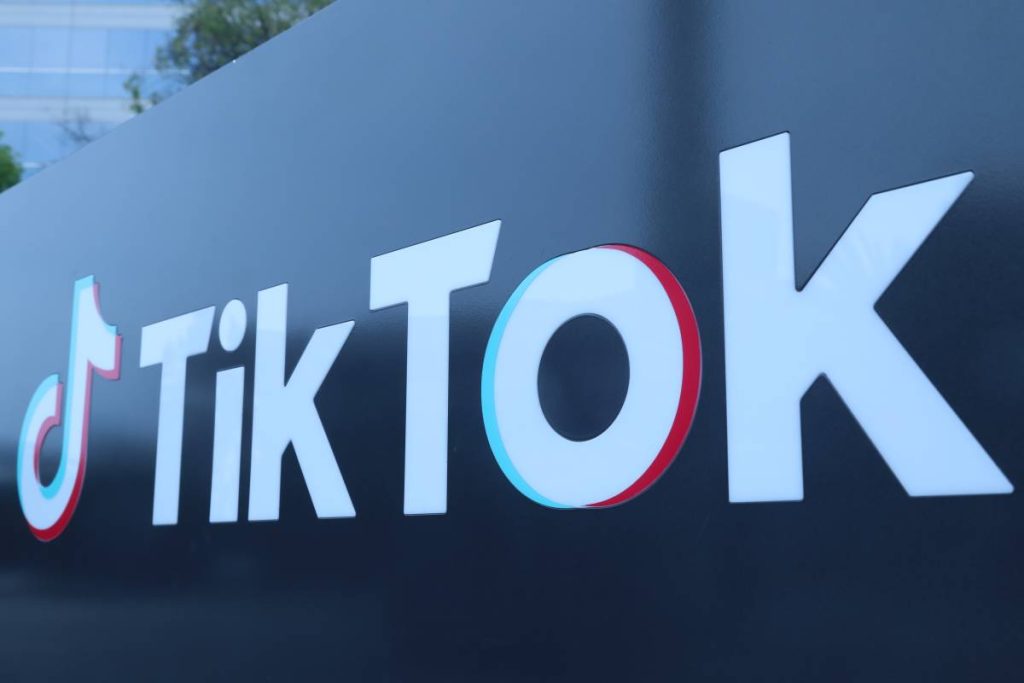From the time Pakistan annexed Balochistan in 1948, it has been subjected to the worst form of human rights violations. Pakistan has on its hands the blood of tens of thousands of Baloch. Those who dare to raise their voice are abducted to remote locations, tortured and killed, and left on the roadsides as meals for animals … writes Dr Sakariya Kareem
Nuclear power Pakistan is surviving on life support. Its streets are a battleground; people fight every day over vegetables, wheat, and other basic necessities of life. In this challenging period, one can only imagine the alienated Balochistan situation. They have to face bias, loot of their natural resources, and the harsh rule of the Pakistan Army which perpetually tries to contain their resistance using extreme measures of force.
From the time Pakistan annexed Balochistan in 1948, it has been subjected to the worst form of human rights violations. Pakistan has on its hands the blood of tens of thousands of Baloch. Those who dare to raise their voice are abducted to remote locations, tortured and killed, and left on the roadsides as meals for animals.
The living condition of the Baloch is worse than the animals in shelters. This winter their stoves lay unlit. Food was prepared by burning paper, garbage, and wooden shavings. Abundant in gas, Balochistan has gas pipelines directly leading to Punjab where the administration and the Army use it to heat their swimming pools for a daily luxurious winter dip. But Balochis are refused the right over their own resource.
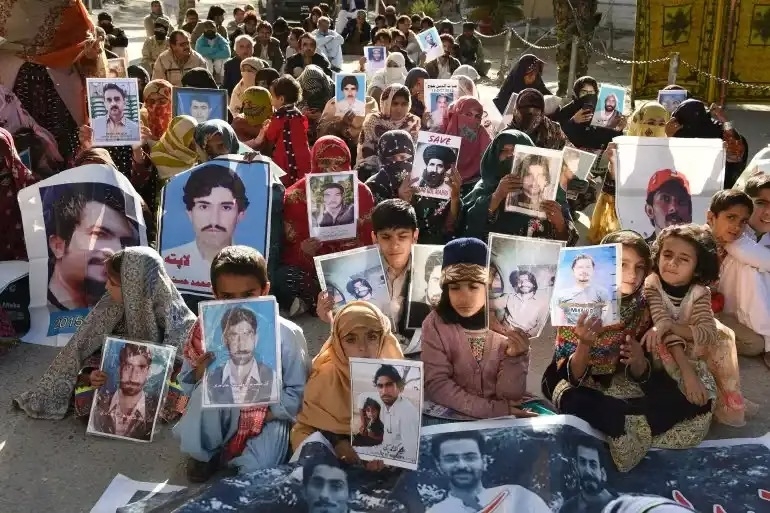
Pakistan is also famous for murdering activists that speak the truth against the rogue nation. Two years ago Karima Baloch, a voice against Baloch atrocities in the international sphere was found murdered in Toronto. Her body was thrown into Lake Ontario and branded suicide. No judicial inquiry was initiated.
While across the world leaders try to contain sectarian violence and maintain peace, in Pakistan these issues are flamed further. When the late General Musharraf stated in an interview that enemies and dissidents of Pakistan should be killed just as other countries kill their dissidents overseas, three Baloch activists – Karima in Lake Ontario, Sajid Hussain in Sweden, and Saqib Karim in Azerbaijan – were found drowned to death. Baloch people are unsafe both in their country and abroad.
To shine a light on Pakistan’s brutalities in the region a documentary film Balochistan: Bangladesh 2.0 is being broadcasted by an Indian news platform based on its ground coverage of Balochistan. India has been supporting the Baloch cause since its illegal occupation by Pakistan more than seven decades ago. Pakistan has tried to block the broadcast of the documentary but Twitter has denied the request. It was anyway a high time to air Pakistan’s dirty laundry and uncover its filthy underbelly.
Balochistan has a per capita GDP of less than $1000 while being Pakistan’s treasure trove of minerals. Under the Belt and Road Initiative (BRI) and the China-Paksitan Economic Corridor (CPEC), China is excavating minerals worth their weight in gold and reaping billions of dollars worth of profit in the name of development. The locals are not even allowed to hover around the periphery of the excavation area. In 2021 alone a Chinese company mined precious metals and made a profit of $75 million, and that is after the operation obstacles caused by Covid.
The mines later lay unfilled and contribute to pollution, degrading health, and creating other safety hazards. Pakistan has signed a lease of 10 years with such Metallurgical companies, 50 per cent revenue of which will go to the company, 48 per cent to the Pakistan government, and a mere 2 per cent to Balochistan. The lease is in the process of being extended this year.
The conditions there are dreadful. People are committing suicide for not being able to buy a handful of flour. CPEC had promised employment to locals in its projects but later they brought in their own workers from China. It is very clear that Pakistan wants the Baloch to slowly wither away and fade. Pakistan promised them schools and quality education but the reality is that more than 100 government schools have been closed down in Las Bela and Hub districts due to a shortage of teachers and the education system is on the verge of collapse. Only 25 percent of the water is drinkable. The urban roads still are not motorable. And the list of their despairs goes on.
At the end of last month, Pakistan’s foreign exchange reserves were reduced to a mere $3.7 billion dollars. Their internal situation is at a point of no return. The recent Peshawar mosque attack which took the lives of more than 100 people while in prayer, is proof of their urgent security concerns. As the house of cards that Pakistan is, shatters down, even worse times lay ahead for the discriminated and oppressed Balochistan. The repetition of 1971 truly seems inevitable for the Baloch survival.

